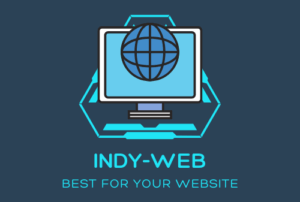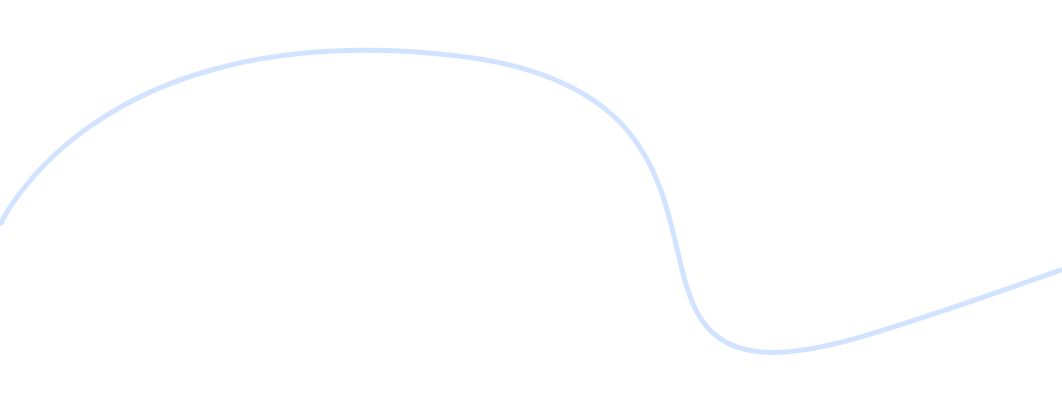The internet has grown into a powerful space for communication, business, and creativity. However, much of today’s online world is dominated by large corporations and centralized platforms. These companies control how data is collected, stored, and shared, which often raises concerns about privacy, freedom, and ownership. In response to these issues, new ideas are emerging that aim to reshape the internet. One of these innovative movements is Indy-Web, a concept built around the vision of a decentralized and user-owned internet.
What is Indy-Web?
Indy-Web can be described as a reimagined internet where users have more control over their digital identity, data, and content. Instead of relying on platforms that own your information, Indy-Web promotes systems where individuals truly “own” their online presence. The idea is similar to how you own personal property—you can decide what to share, who to share it with, and for how long.
This vision focuses on creating a safer, more private, and more transparent digital world. By using decentralized technologies, Indy-Web reduces dependence on centralized servers and corporations, giving power back to everyday users.
Why Indy-Web Matters
The current internet model works, but it has weaknesses. For example:
- Privacy concerns: Social media platforms and websites track browsing habits and sell user data for targeted advertising.
- Ownership issues: Creators often lose rights to their content once it’s uploaded to platforms.
- Centralized control: A handful of companies dominate global digital spaces, limiting freedom and diversity.
Indy-Web offers an alternative. It aims to build an ecosystem where people can maintain privacy, protect their content, and avoid being overly dependent on tech giants.
Key Features of Indy-Web
- Decentralized Identity
With Indy-Web, individuals have a unique digital identity that isn’t tied to any one company. This identity belongs to the user, not the platform. - Data Ownership
Instead of companies storing and profiting from personal data, users manage their own data vaults. They decide how their information is used. - Content Control
Whether it’s articles, videos, or artwork, Indy-Web ensures creators retain full rights. If someone shares or uses content, it’s done with permission and proper acknowledgment. - Greater Security
Decentralization reduces the risks of massive data breaches since information isn’t stored in one vulnerable location. - Community-driven Development
Indy-Web supports open-source projects and community collaboration, allowing people to contribute to the growth of this new internet model.
Potential Benefits
- Empowerment for Users: People gain full control over their online life.
- Fairness for Creators: Artists, writers, and developers receive proper recognition and rewards.
- Improved Trust: A transparent system where actions are verified and consent-based can build stronger online trust.
- Diverse Opportunities: Smaller businesses and independent platforms can thrive without being overshadowed by big corporations.
Challenges Ahead
Like any new concept, Indy-Web faces challenges:
- Adoption: Convincing people to shift from familiar platforms is difficult.
- Technology: Decentralization requires advanced infrastructure, which can be complex to implement.
- Awareness: Many people are unaware of data privacy risks and may not understand why change is needed.
Despite these obstacles, the growing interest in blockchain, Web3, and digital independence shows there is a path forward for Indy-Web.
The Future of Indy-Web
Indy-Web is more than just an idea; it’s part of a larger movement toward a fairer and more open internet. Developers and innovators are already experimenting with tools that could shape this decentralized future. If successful, Indy-Web could redefine how we interact online by creating digital spaces where users feel secure, respected, and in control.
The journey will not be easy, but the demand for privacy, freedom, and equality is growing stronger every day. Just as the internet evolved from basic websites to today’s social platforms, it can evolve again—this time with fairness at its core.
Conclusion
Indy-Web represents a hopeful vision for the next era of the internet. By prioritizing ownership, privacy, and decentralization, it challenges the current centralized system and offers a more balanced digital future. While challenges exist, the possibilities it opens for individuals, creators, and communities are inspiring. As technology continues to advance, Indy-Web might become a key piece in building an internet that truly belongs to everyone.





